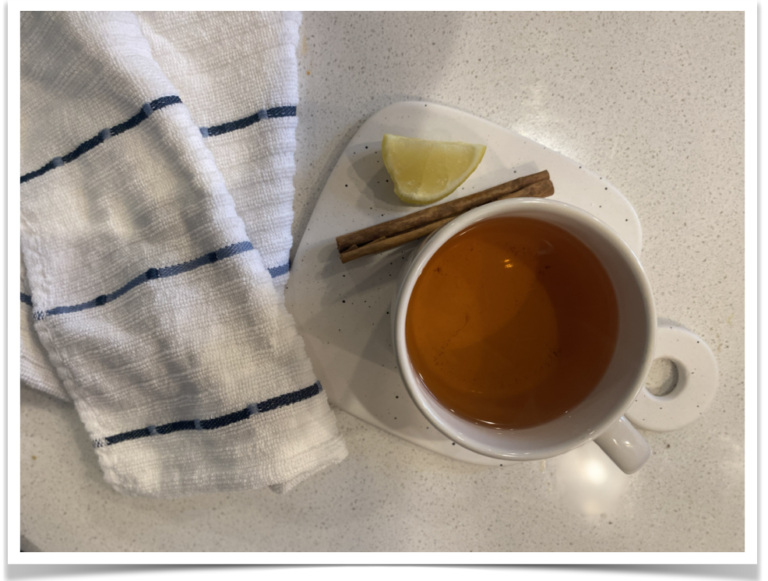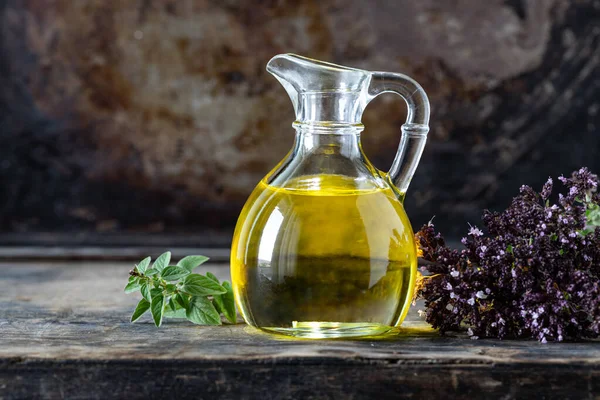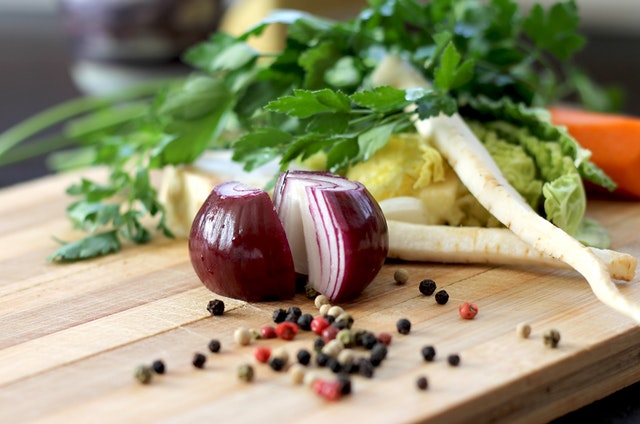Ceylon Cinnamon is Not Just Any Spice
Ceylon cinnamon is high in antioxidants and other health-promoting properties. According to some research, it may aid in blood sugar regulation, protect against heart disease, and reduce inflammation.
Ceylon cinnamon, also known as Cinnamomum zeylanicum, is a spice made from the inner bark of the Cinnamomum verum tree. Given its exquisite fragrance, it has been used as a spice and flavoring agent throughout history and has always been held in high regard. It is a Sri Lanka native crop that holds significant cultural and societal value.
While Cassia cinnamon is more common and probably sitting in your spice cabinet, you should know Ceylon cinnamon’s distinct difference. For starters, it has a more mildly sweet and delicate flavor than cassia’s spicier and bolder taste. What’s more, it has demonstrated properties that boast a host of promising health benefits against a number of diseases and disorders.
Due to the discovery of its numerous therapeutic and preventative effects against common diseases and disorders, Ceylon cinnamon has recently attracted more interest in the field of medicine. Several benefits have been reported in the literature, and a few have been tested in phase I and II clinical trials.
The list includes
lowering of blood glucose
blood pressure control
lowering of serum cholesterol
antimicrobial activity
anti-parasitic activity
anti-oxidative properties and related free radical scavenging action
prevention of aggregates and filament formation in Alzheimer’s disease (AD)
gastritis and anti-gastric ulcer effects
anti-inflammatory
(10) wound healing and dressings
(11) anticancer effects
Given Ceylon cinnamon’s numerous health benefits and a relatively low level of coumarin (which can be toxic in large quantities) when compared to Cassia cinnamon (Ranasinghe et al., 2013), there is appreciable potential to promote Ceylon cinnamon (products and extracts) as pharmaceutical or nutraceutical supplements, on top of its well-known and historical role as a spice. Keep in mind, even though Ceylon cinnamon has such promising therapeutic and preventive properties against many disorders, more in-depth research, with advanced analysis, is needed to bring it up to bedside therapeutic or prophylactic use for clinical disorders and diseases. Yet, Ceylon cinnamon can benefit health in many ways, and perhaps the most researched are its effects on neurological diseases and diabetes. Check with your local grocers for this special spice, but you will most definitely find it online or in specialty and health food stores.
Here are some ways to use this wonderful spice:
Sprinkle on or add to dessert recipes.
Make a tea ( see Ceylon Cinnamon lemon tea recipe at wellnessthisway.com). A study found adding half a teaspoon per day to your diet reduces cravings by 10 percent.
Blend it in your trail mix
Use it like you would cassia cinnamon in most recipes and beverages.
Besides powdered cinnamon, Ceylon cinnamon is available in capsules to take by mouth.
(1)lowering of blood glucose (Akilen et al., 2010, 2013; Crawford et al., 2016; Davis & Yokoyama, 2011; Ranasinghe et al., 2017; Zhu et al., 2017); (2) blood pressure control (Akilen et al., 2010, 2013; Azimi et al., 2016); (3) lowering of serum cholesterol (Chatterji & Fogel, 2018; Gupta et al., 2017; Maierean et al., 2017); (4) antimicrobial activity (Condo et al., 2018; Husain et al., 2018; Mamajiwala et al., 2018; Rangel et al., 2018; Raybaudi-Massilia et al., 2006; Sethi et al., 2019; Shahina et al., 2018); (5) antiparasitic activity (Yang et al., 2014); (6) antioxidative properties and related free radical scavenging action (Dhuley, 1999; Khaki et al., 2014; Panickar et al., 2009; Ranasinghe et al., 2013; Shahid et al., 2018; Sharma et al., 2017); (7) prevention of aggregates and filament formation in Alzheimer’s disease (AD) (Kang et al., 2016; Madhavadas & Subramanian, 2017; Malik et al., 2015; Momtaz et al., 2018); (8) gastritis and antigastric ulcer effects (Muhammad et al., 2015; Nir et al., 2000); (9) inhibition of osteoclastogenesis (Mendi et al., 2017; Tsuji-Naito, 2008); (10) anti-inflammatory (Fayaz et al., 2019; Ose et al., 2019; Schink et al., 2018); (11) wound healing and dressings (Ahmed et al., 2019; Ferro et al., 2019; Seyed Ahmadi et al., 2019), and more recently, promise for use in wound care practices (Ahmed et al., 2020); (12) hepatoprotective effects (Askari et al., 2014; Bellassoued et al., 2019; Hussain et al., 2019; Lopes et al., 2015); (13) anticancer effects (Kwon et al., 2010; Kwon et al., 2009; Parvazi et al., 2016; Perng, Tsai, Cherng, Kuo, et al., 2016; Perng, Tsai, Cherng, Wang, et al., 2016; Sadeghi et al., 2019; Schoene et al., 2005; Schoene et al., 2009; Yang et al., 2015); and (14) therapeutic effects against PCOS (Borzoei, Rafraf, Asghari-Jafarabadi, 2018; Borzoei, Rafraf, Niromanesh, et al., 2018; Hajimonfarednejad et al., 2018; Kort & Lobo, 2014; Wiweko & Susanto, 2017).
To tone your body, focus on a balanced routine that includes strength training, cardiovascular exercise, and healthy eating. Here’s a comprehensive plan: …
Oregano oil, with its evidence-backed health benefits, offers a natural and holistic approach to well-being. By incorporating this herbal elixir into your wellness routine, you not only tap into centuries-old herbal wisdom but also enjoy the satisfaction of crafting your own remedy at home.
The cold and flu season brings about the risk of viral infections that can impact health and daily life. Natural remedies, often …
Evidence-based strategies, supported by reputable sources, for quickly lowering blood pressure through dietary choices.





